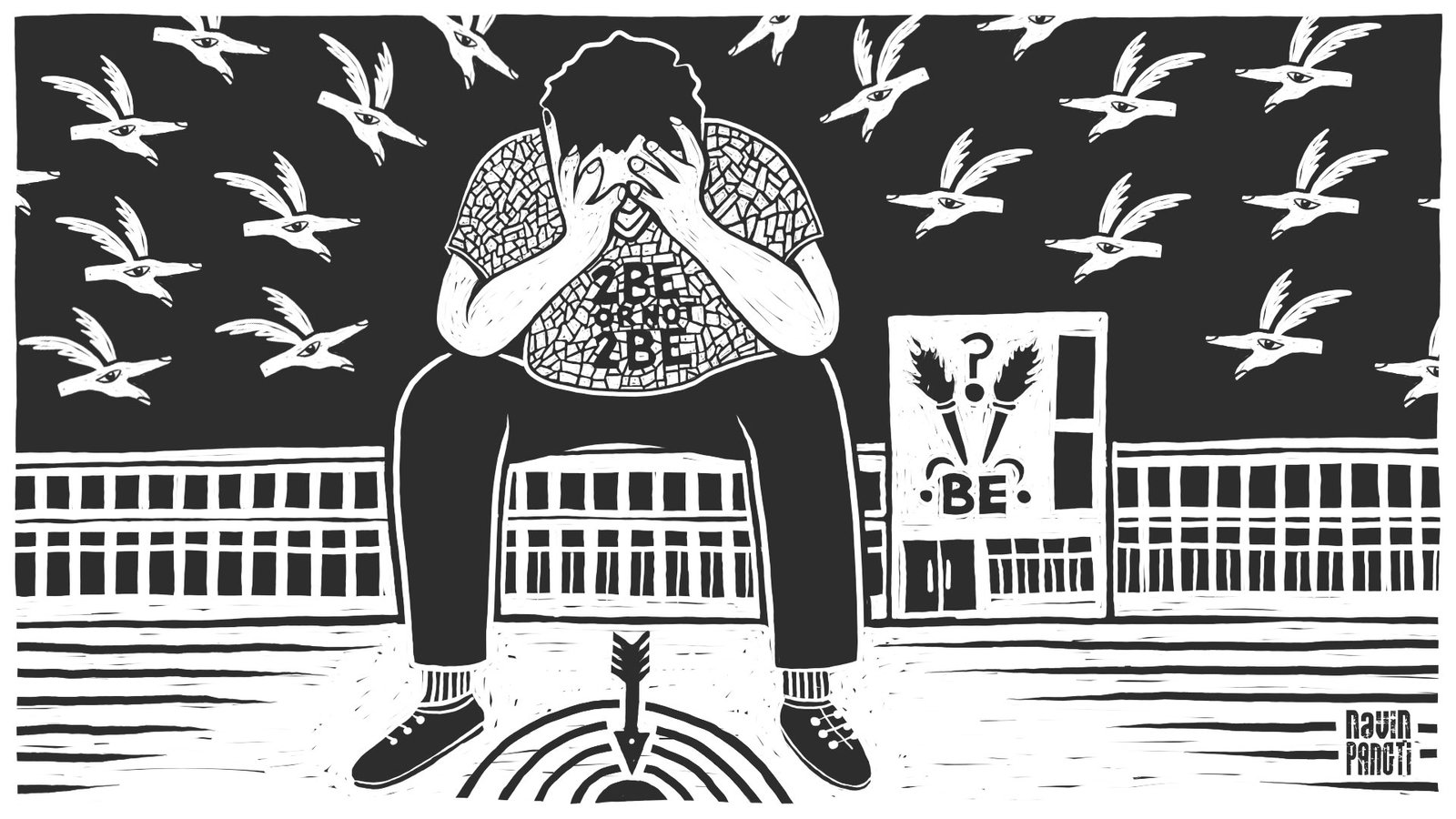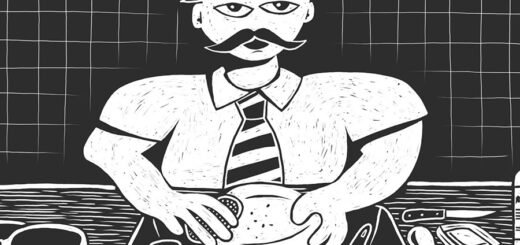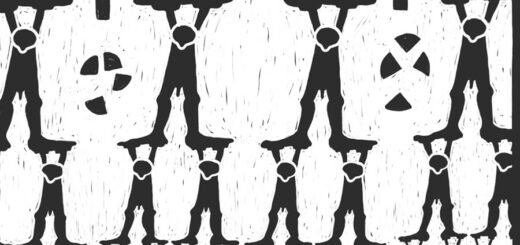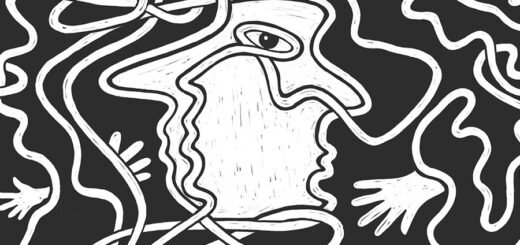System of Caste – My brush with caste and reservation
I grew up in an environment where the idea of caste and religion did not seem to exist. My idea of India was the India that our course books of civics and history talked about. I was totally unaware that a rude shock was waiting for me.
Till my intermediate I only knew about India as a country where everyone was equal – no one was oppressed or discriminated, untouchability was a thing of the past, and so on. My young adult world view was defined by the historic events of 1947.
I was doing pretty well at school. Life was good. I had my share of dreams. After high school, I started gearing up for engineering entrance exams. It was then that I got to know that I was a tribal hence entitled to something called reservation. By then I had no clue what reservation was. I was thrilled that my dreams now had a powerful ally. I became so overconfident that I drastically cut down on my preparations. I was dead sure that I will get into IIT, even though some of friends warned me against my optimism.
Lack of preparation and overconfidence took its toll and I could not manage to get a JEE rank. However, I secured a seat at a regional engineering college which I joined with a heavy heart as I was unwilling to spend a year coaching for entrance exams.
Regional engineering college was quite contrary to almost everything that I had in mind. As it was a regional college, it was all about regional identities. By then I did not even know what a ‘region’ stood for, forget knowing that how a Ruhelkhandi was different from a Meeruthiya, or a Purabiya was different from a Bihari. The regional identity was of such paramount importance then that even the fresher welcome parties were organized on regional basis.

The college made me aware that I had two principal identities – a reserved class tribal and a pahari (From the hills of undivided Uttar Pradesh). Till then I was not aware that folks from reserved categories are regarded as lesser species. I also did not know that untouchability was still alive and that there were many nouns reserved for Dalit students.
Once in college, I was looked down upon from the very day I entered the premise, especially by the students from the Hindi speaking belts of India. I was unable to fathom this strange relationship due to which I developed affinity for folks from reserved categories. But within a short period of time I started feeling suffocated because the conversations were very limiting for me. Our alignment was not due to mutual interests but because of common discrimination. There was lot of conversation around caste based discrimination but I could not empathize with it because I had never experienced it before. I did not know what being a Dalit in India meant hence started feeling that the persistent anger was some sort of overreaction. I did not realise it then but I was reviewing the situation from a pretty privileged standpoint.
Angry with myself, my college, my colleagues… I started drifting away from everyone. For a while, I almost stopped interacting with everyone around. And then I slowly started fostering new relationships that would help me survive the four college years.
My new circle of friends did not seem to bother much about caste, region, etc. With them I could talk about stuff I liked talking about. Even though things seemed to be falling in line, there was this constant feeling of being judged. This thought started troubling me so much that I started disliking the whole idea of reservation. I started regretting the fact that I used a quota to join the college. This feeling was so overwhelming that I could no longer focus on studies. My marks started representing my frame of mind. I was on the verge of quitting when a friend told me that graduation is something which I anyways need to do. Even if I quit I will have to enroll for a BA BSc course and spend almost the same amount of time to graduate. Moreover to BE was pretty simple – just 3 to 5 days of study per subject and solving question papers of last 5 years were good enough to sail through.
While I was in my third year, universities across India were burning with anti-mandal agitation. I felt aligned with that anti-reservation movement hence participated actively. Being good at art helped me secure a niche position for myself. At this juncture I decided to be even more proactive about my response hence contacted a lawyer and asked if I could disown my scheduled tribe status. He told me that I will always remain a tribal because I was born as one but I have the choice of refusing the benefits. So I went ahead and filed an affidavit stating that I no longer wanted to crutches of reservation. I felt so liberated!
Over the four years, my dislike for engineering increased manifold. As if that was not enough, I had to deal with calculus as well. Thanks to an accidental but very meaning conversation with a visiting professor that I decided to pursue my masters in industrial design. I applied through a general quota. In the application form I mentioned the category as ‘ST – not applicable’. Not writing ST may have been a misinformation I was told. During the interview I was asked by the college admin team if I would like to use my quota because there was a backlog as not many students from reserved categories pursued design then. I refused. I was told that even if I agree I will not be discriminated. I was pretty unsure about my chances of getting in and wanted to say ‘yes’ but choose to refuse. My earlier experiences had made me pretty thick skinned and skeptic of sorts. Thankfully I got in. I was on cloud nine. I felt as if I had washed away my sins.
At that juncture of life I was totally anti-reservation. I doubted even the so-called caste solidarity because of my collective experiences. I had personally experienced scenarios where folks ready to violently react to caste slurs were unwilling to part with even a penny to financially aid a Dalit colleague. I had experienced that there were strong hierarchies within. I had witnessed folks who worked hard to extract all the remedial benefits, worked harder to hide or shield their identity. That they also searched for reasons to feel superior to their own mates. By the time I post graduated, the idea of reservation stopped evoking strong reactions in me. But I did nurture a notion that students and professionals from reserved categories were not so equal.
As life moved ahead, I experienced different shades of our society. My indulgence with issues regarding people, societies, region, cultures, history, etc. started to widen my horizon. I started to understand the long history of caste and class discrimination and the deep seated belief systems of even highly educated and well-meaning folks. Even then I was not certain if reservation was the best way out.
Meanwhile I started visiting rural Uttarakhand for work and witnessed caste realities from close quarters. I began to discover the complexity of individuals and social structures. Reading and discussing history of my own community led me to realize how discriminatory our society was. As a society, we dwarfed some of our own folks to position ourselves higher, for safeguarding our socio-economic interests.
I also witnessed how benefits of reservation were not available to many. While the privileged section of the reserved class was getting more privileges, many were left far behind – lacking the basic minimum required to even ‘realise’ that there was ladder somewhere to climb out of one’s miseries. And many who knew about the ladder were in no capacity to even take their first step. Somewhere deep down, people seemed to have accepted their darkness. And this is true not just for Dalits for all perennially underprivileged people across the nation.
I also witnessed cases where the exploiters usurped the advantages of reservation while the exploited still serve them as folks from general category. I witnessed how many so-called tribal communities nurtured deep caste biases. I also witnessed that folks abandoned their religion through conversion but did not forget to take along their class and caste.
The emergence of right wing ideology legitimized saying the unsaid. The deep seated belief systems started flying out as words that could be heard and felt. To my surprise, the belief was nurtured with lots of emotions. Many well-meaning and learned folks claimed that there is no harm in feeling great about one’s ‘superior’ antecedents.
All this led me to conclude that no matter what you do, the birth identity is attached to you forever – as one of your principle identities. That is how majority of India identifies and tags self and others. I have no hesitation in assuming that caste identity seems to be the primary building block of our society.
If one was to dig deeper, it seems that all this is not even about caste. This is something different – something bigger and nastier. Something much deep rooted than identity. Overall, it seems to be a complex cesspool. To find a solution we will have to dig deeper rather than just debating, talking and fighting about our history of discrimination and how we are still lugging it along.
But are we really lugging it along? What if we are happily carrying it forward because it is an intrinsic trait of being human?
You may wonder why I am telling you all this. Well, each one of us has our own unique history which seems to play a role in shaping our worldview. To delve deeper into various aspects of the system of caste it is essential that you know where I am coming from. I think this will help readers look beyond my biases, if any. At this juncture I also want to make it clear that I speak for myself and not on behalf of anyone. I do not write as an advocate of any caste or tribe or region or class. The sole aim is to objectively assess the scenario and articulate possible way outs, if any.
***
This article is part of a series of essays written to understand this rather complex reality which we often tend to simplify. The articles written and published so far are as follows –
1. System of Caste – My brush with caste and reservation
2. System of Caste – Genesis and Anatomy
3. System of Caste – A matter of identity
4. System of Caste – A hierarchical worldview















I was born in a Brahmin family. Much before you knew me, the atheist. I still am an atheist, but I reluctantly started calling myself a Brahmin, because not calling myself one only denied the privilege I already enjoyed. Over the years I met a lot of privileged dalits. Excellent jobs, good income. I was a single mother of a disabled child, living on financial help from friends. Yet I was supposed to be someone who targeted them and subjugated them because of circumstances of birth that did nothing to save me from my current circumstances anyway. Over time, I realize that there are many scales and for most of us, every predator is somebody’s prey. The challenge is to stop allowing lenses of prejudice to define our influence on the world, I guess. I hope you find the answer. I hope we all find the answer.
From the other end of that crazy ladder, I’ve long contemplated caste myself and found myself equally stumped.
i have been forever puzzled. i guess these is a solution somewhere. but for that we will have to define an ‘acceptable’ problem. this series is my effort to articulate the problem